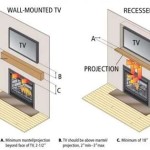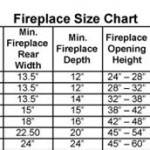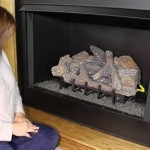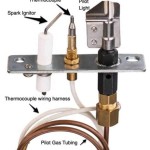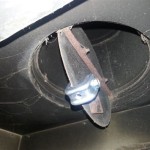Fireplace Mantel Design Proportions: A Comprehensive Guide
The fireplace mantel is a focal point of any room, framing the firebox and adding a touch of elegance to the space. To achieve a harmonious and well-proportioned design, it is essential to consider the dimensions and proportions of the mantel in relation to the fireplace and the room itself. In this comprehensive guide, we will explore the key aspects of fireplace mantel design proportions, providing valuable insights to help you create a visually stunning and functional mantelpiece.
Mantel Height
The height of the mantel should be in proportion to the height of the fireplace opening. As a general rule of thumb, the top of the mantel should be approximately 6-8 inches above the top of the fireplace opening. This creates a balanced and visually pleasing arrangement, ensuring that the mantel does not overwhelm the fireplace or appear too low.
Mantel Width
The width of the mantel should extend beyond the fireplace opening on either side. The ideal width is typically 2-3 times the width of the fireplace opening. This provides a sense of symmetry and stability, framing the fireplace without making the mantel appear too narrow or obtrusive.
Mantel Depth
The depth of the mantel is a matter of personal preference, but it should be proportionate to the size of the fireplace and the room. A deeper mantel will provide more space for display items, while a shallower mantel will create a more streamlined and modern look. For a balanced appearance, the depth of the mantel should be approximately one-third to one-half of the height of the mantel.
Mantel Projection
The projection, or overhang, of the mantel is the distance it extends into the room from the wall. This can vary depending on the architectural style of the room and the desired effect. A smaller projection will create a more subtle and elegant look, while a larger projection will add depth and drama to the fireplace.
Surround Proportions
If your fireplace has a surround, the proportions of the mantel should complement the surround. The mantel should be smaller than the surround, creating a nested effect. The top of the mantel should align with the bottom of the surround's header, and the sides of the mantel should align with the sides of the surround's legs.
By following these guidelines, you can create a fireplace mantel that is both visually pleasing and proportionate to the fireplace and room. Remember that personal preferences and architectural considerations may influence your design decisions. Experiment with different proportions to find the perfect balance for your space.

Best Fireplace Mantel Proportions How Not To Muck It Up Shelf Dimensions Surrounds

Decorative Custom Mantles For Elegant Home Decor

Best Fireplace Mantel Proportions How Not To Muck It Up Dimensions Custom Surrounds

Best Fireplace Mantel Proportions How Not To Muck It Up Laurel Home

Fireplace Mantle Nice And Simple Life Of An Architect

Best Fireplace Mantel Proportions How Not To Muck It Up Laurel Home

Fireplace Mantle Nice And Simple Life Of An Architect

Best Fireplace Mantel Proportions How Not To Muck It Up Laurel Home

Best Fireplace Mantel Proportions How Not To Muck It Up Laurel Home

Best Fireplace Mantel Proportions How Not To Muck It Up Laurel Home
Related Posts

